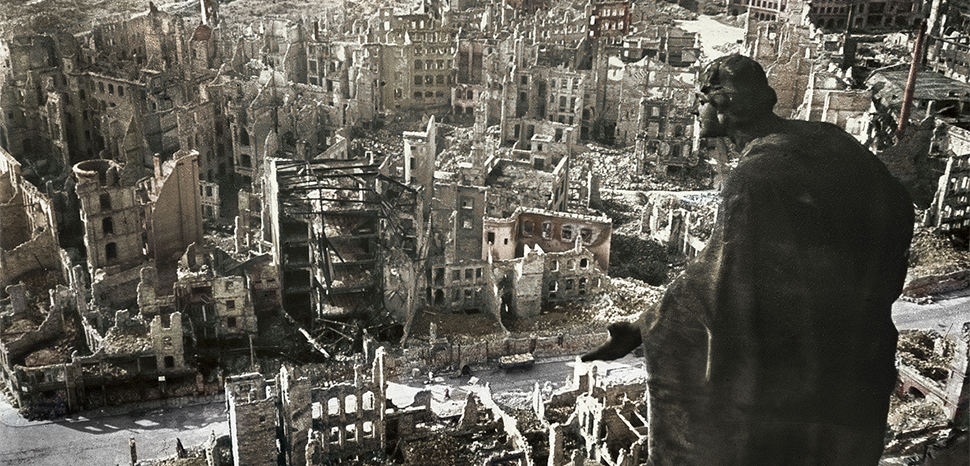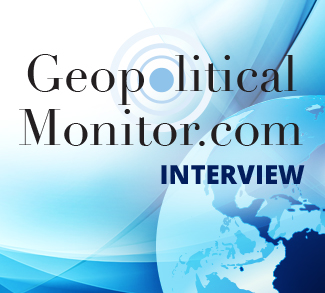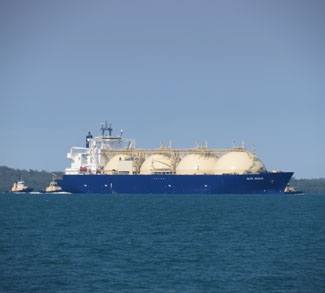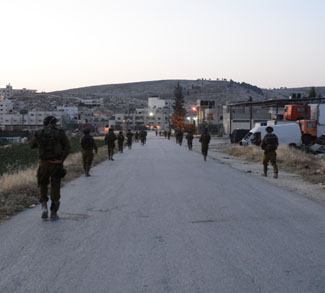Dresden, Germany, like most cities has a complicated past and an uncertain future, which parallels the larger, reunified German state it is a part of. The glory of its past can be found in the baroque splendour of Dresden’s historic centre, while Germany’s military history and place in Europe can be unearthed at the Bundeswehr Military History Museum, and a glimpse into Vladimir Putin’s mindset can be found at the house where he was stationed as a KGB officer in Dresden in the waning days of the Cold War. As Germany continues to evolve and discover its true ‘Zeitenwende’ or security role in a changed Europe since the full-scale invasion of Ukraine, Dresden forms a pivotal part of Germany’s story. Largely destroyed in 1945 during Allied firebombing that claimed the lives of over 20,000 people, major symbols like the Frauenkirche, or Church of Our Lady, were rebuilt with international cooperation only 20 years ago. In the 21st century, the city is a hub for the far right, and a place of contestation and shifting memories where Germany can examine its past conduct and determine how it informs the present. Dresden is defined by its rich history yet shrouded in a myth of nostalgia and victimhood, with implications that reach far beyond Germany’s borders.
Dresden is where Vladimir Putin first saw the weakness of Russia and what happens when the state loses power and control over its own citizens. In 1989, it is in Dresden that Putin was told ‘Moscow is silent’ as he burned papers while trying to avert an unruly mob from entering the KGB compound northeast of the old town. At the same time, special trains carrying East German citizens seeking to emigrate to West Germany passed through Dresden, and security forces used violent methods to prevent prospective passengers seeking to emigrate to the West from jumping on. The tide was already irreversible however, as West German Chancellor Helmut Kohl declared in a speech in Dresden on 19 December 1989 that German reunification was his principal goal ‘insofar as this historic hour allows it.’ Putin watched all these events happen in real-time, gaining a powerful glance at the impact of people power in shaping the course of history. For Putin, as he continues to prosecute the Ukraine war and think about his own place in history, Dresden is a warning and a reminder of how quickly power and authority can come crashing down.
Dresden is often claimed by different groups for different agendas, and for the far-right, the bombing raids of 13 February 1945 are presented as a funeral march against the genocidal war waged by the Allies. Under this logic, Dresden exists as a ‘victim city’ and the German people are victims to the barbarity of others rather than oppressors. Thousands of neo-Nazis first demonstrated in the streets of Dresden in 2005 and return regularly to mark the anniversary of the Allied bombings. In addition, PEGIDA, the xenophobic right-wing group under the German acronym of ‘patriotic Europeans against the Islamisation of the West’ was formed in Dresden in 2014 and retains its largest base of support in Saxony. Thus, for the far-right, Dresden is a victim of history, shrouded in myth and nostalgia for a prior time both real and imagined.
The myth of Dresden has implications for the myth of Germany and for Germany’s role in the world. Nostalgia can play an important function in nation-building, but it can also breed a sense of grievance that if left unchecked can be a destructive and alienating force. German politics remains vulnerable to the far-right, most acutely in the former states of East Germany where the Alternative for Deutschland party has had its greatest gains. While far-right politics pose a threat to other EU member states, the impact of a far-right victory in Germany is amplified in Europe in ways no other nation can match. Germany has the power to grant license and legitimacy to other fledgling movements across the continent, making the myth of Dresden a powerful pan-European tool.
Should Chancellor Scholz or the next German leader choose to reawaken the full potential of Germany as a military and foreign policy power, Dresden will be waiting with its own combination of myths and insights. Dresden shows that nothing is infinite and guaranteed to stand the test of time, no matter how noble the architect’s intentions. When most of Dresden and other major German cities were reduced to rubble at the end of World War II, the future state of Germany and its relations with the rest of the world were far from certain. Now, many decades later, Germany remains a European power in a bipolar yet increasingly multipolar world. It is a reluctant and cautious power subject to crises of ambivalence, yet it is also deeply introspective in ways that benefit both its own citizens and others across Europe.
As the poet Durs Grunbein wrote about the ‘Myth of Dresden’ in 1995, ‘no other city cultivated the memory of the time before its destruction with so much painful nostalgia. No other city relied to such an extent on the phantom image of its former cosmopolitan silhouette.’ There is a fragility to Dresden that makes for powerful mythmaking, drawing only the steely-eyed to claim its history and reminding Germans and all other visitors of the impermanence of all things human-made. In the 21st century, Dresden reminds Germany to look to its past as it simultaneously embraces its future. How Germany looks to its past and the particular myths that German leaders choose to preserve will mark the difference between Germany as a passive victim of circumstance or as an active shaper of its own destiny and the destiny of millions of other Europeans.
The views expressed in this article belong to the authors alone and do not necessarily reflect those of Geopoliticalmonitor.com.




